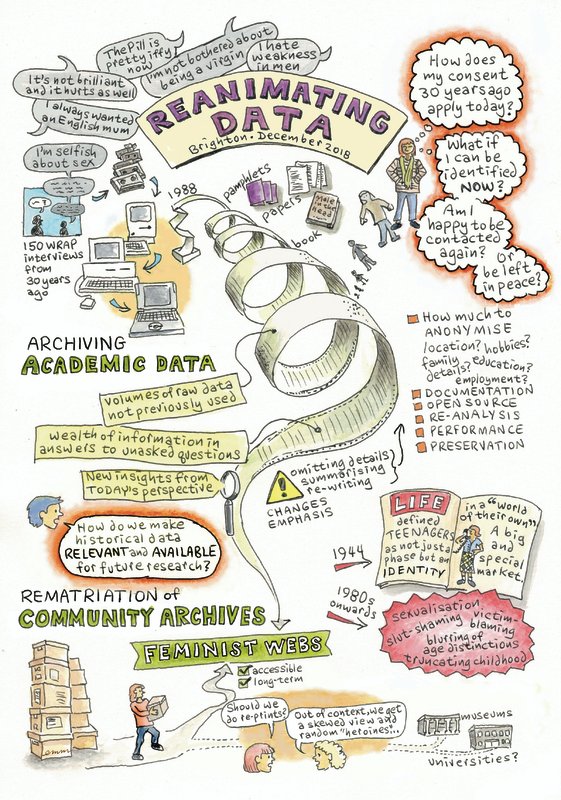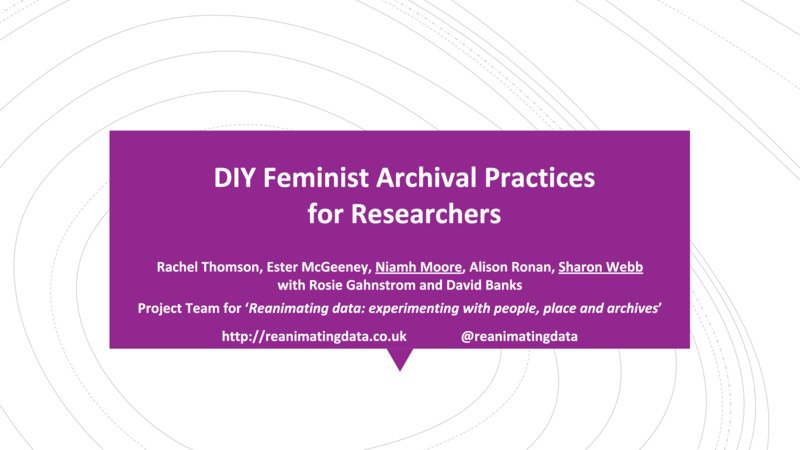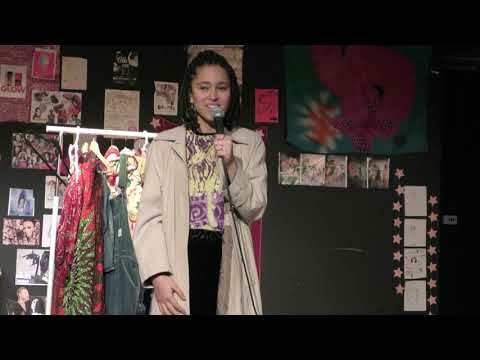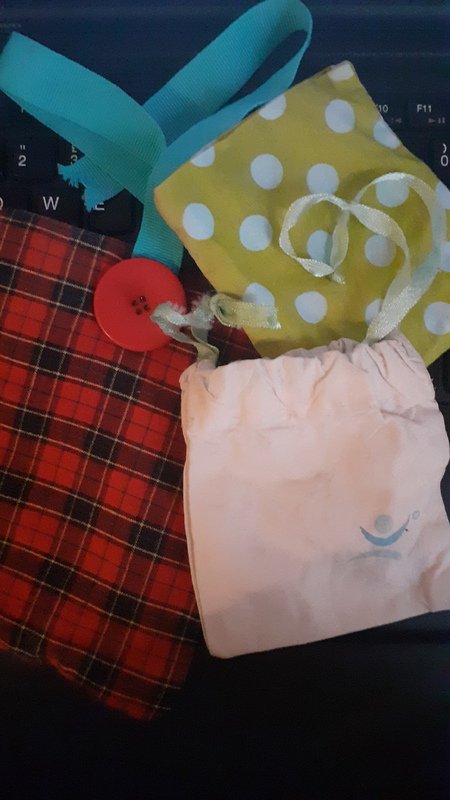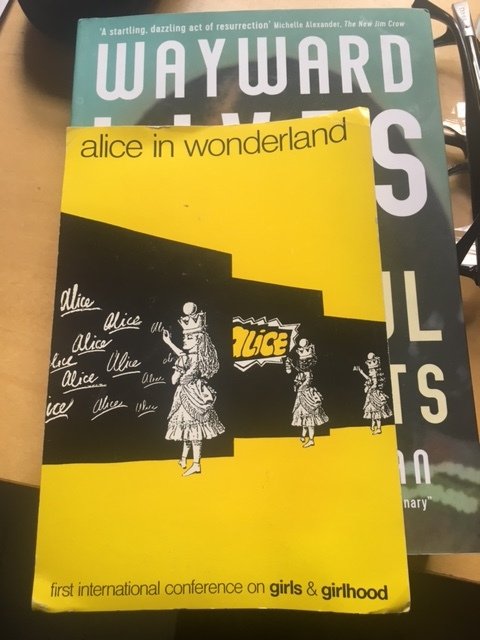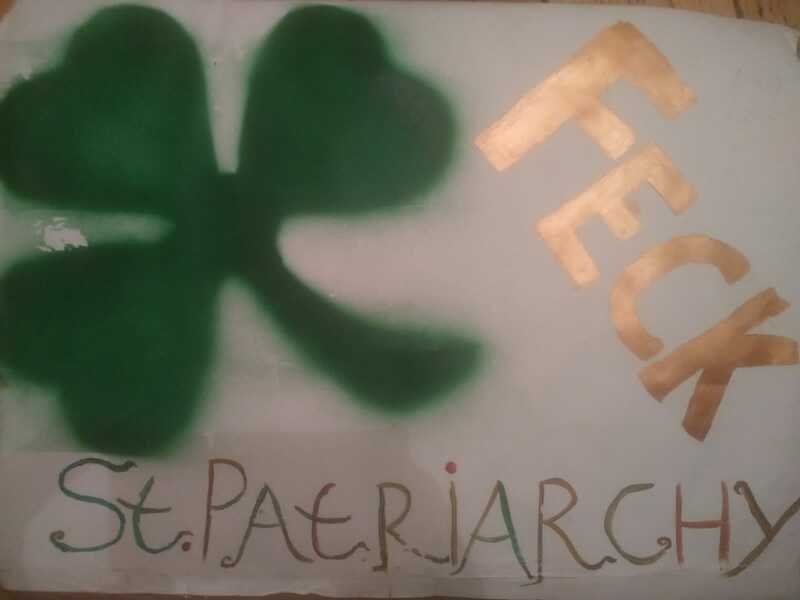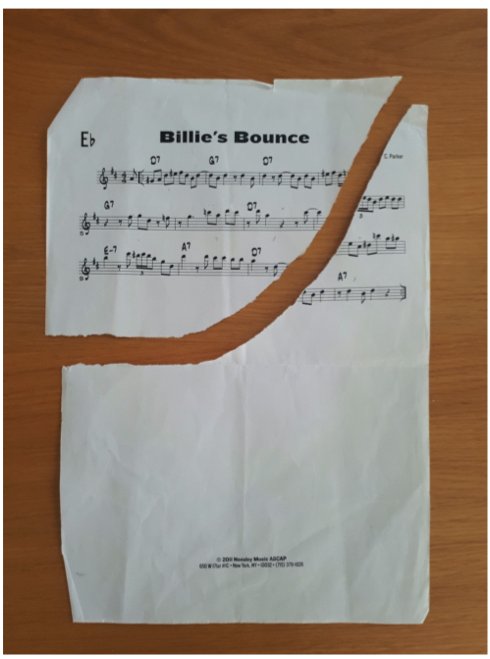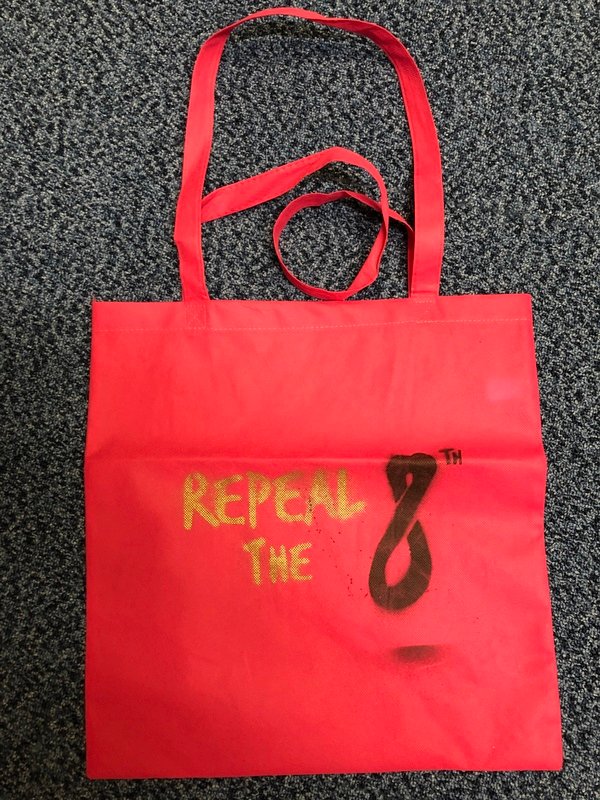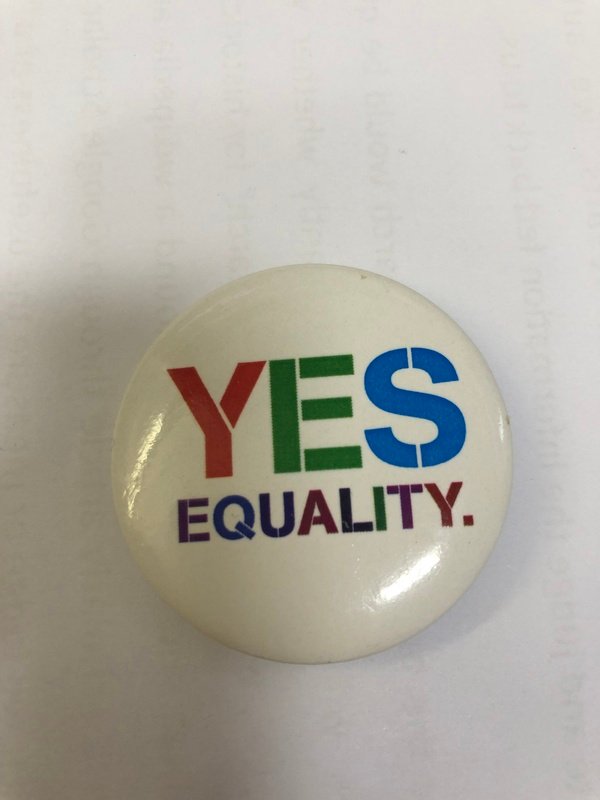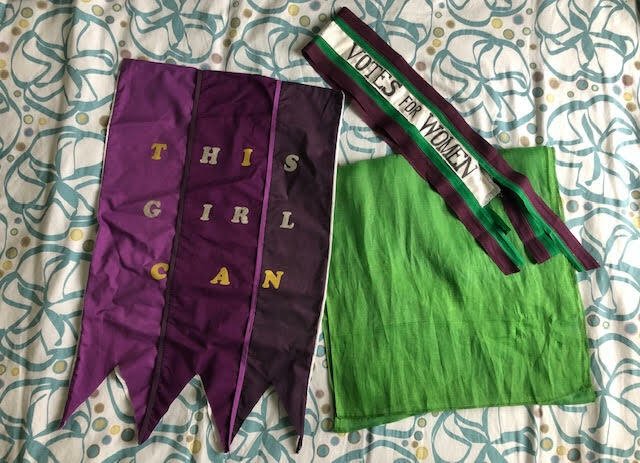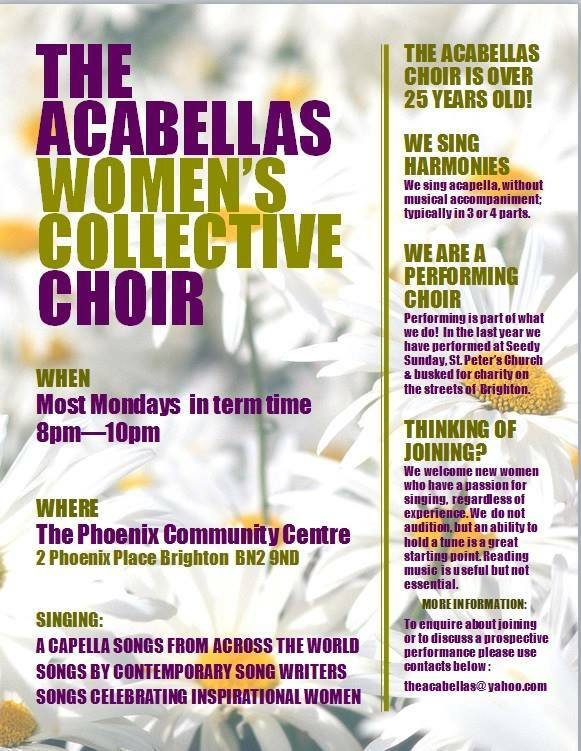Feminist Archiving?
What is feminist archiving? Does a distinction between feminist archives and feminist archiving matter? What does feminist archiving mean to you? These were just some of the questions we asked participants who attended our online workshop, 'DIY feminist archival practices for researchers' (18th Nov. 2020). The workshop, part of the Sussex Humanities Lab open workshop 20/21 series, explored these questions but allowed us time to reflect upon the feminist approaches to archiving that have driven the creation of this archival site (Feminist Approaches to Youth Sexualities). We also discussed recent developments in feminist archival theory and practice, and how these have informed our practice within the context of the three phases of the Reanimating Data Project - portrayed in this evocative graphic illustration by Michi Mathias, which stems from our first internal workshop (2018) and reflects an effort to illustrate the complexities of the project.
Throughout the Reanimating Data Project we applied and considered our archiving practice through a feminist ethics of care framework. We carefully considered the impact that the project might have on the original interviewees and also kept in mind their right to have their voices heard while protecting their anonymity . As a team, we have tried to be self-reflective of our processes and at each stage of development have endeavoured to share lessons learned. So when we asked workshop participants to think about how they define feminist archiving, we did some of this work ourselves. So before the workshop, Sharon noted the following;
Feminst archiving is method and process - it can be applied to any archival content or collection. Feminist archives, on the other hand, also contain feminist content and are reflective of the way in which the archive was created or made manifest. Feminist archiving, to my mind, is about amplifying, recording, and safeguarding marginalised voices, and of pushing the boundaries of what we think an archive should consist of, or as Ann Stoler (2002) writes, challenging the 'borders of the archive'. Stoler juxtaposes official and unofficial records/archives/collections, of qualified and unqualified knowledge, and asks how and when archival content is deemed (in)appropriate!
I’m interested in thinking about the boundaries or borders of feminist archives, and how they are different or similar to, for example, queer archiving principles and methods, or indeed indigenous or post-colonial archives or archiving methods and practices. What might the border(s) between queer archives/archiving and feminist archives/archiving look like? Perhaps these borders don't exist! Alana Kumbier's (2014) broadly defines queer archiving as a disruptive but wholly transformative act, and in many respects, I view feminist archiving in a similar vein.
This disruptive yet transformative act is reflected in the objects that workshop participants brought and contributed to our collection of feminist objects;
These objects articulate various forms of feminst practice and identity. From the everyday objects that are taboo ('Mooncup pouches') to objects which are layered with personal meaning and reflections ('Girls studies). The objects represent the contributor's identity and are wrapped in subjective narrative - in this sense the metadata can never be objective, yet within this context we are not looking for archival pragmatism. In this context, feminist voice and representation is appropriate. In many respects, the contributions here are acts of archival activism - they document disperate collections (there is no archival fonds or provenance) yet their imperative and being stem from a specific collection policy or call to
FAYS Col
Block to be removed
Col width
action.
What would you put in a feminist archive?
This brining together of disparate, personal objects is an act of community creation, and are political statements that foment the identity of contributors and connects us to each other. In this instance, our "feminist archive' (or collection) documents different aspects of feminist histories and represent inter-genertional knowledge exchange and sharing.
As Kaplan (2000) states, 'We are what we collect, we collect who we are', and while these objects are just a fragment of our identities they represent some of what and who we are individually, and collectively.
During the workshop we discussed a series of questions related to "Feminst Archiving?" in break out rooms and documented some of that conversation in an etherpad (see below). We also saved the original conversation in this object so that you can add your thoughts to the etherpad below (and we can save any contributions to the archive).
A summary of feminist archiving principles that emerged through our conversation are as follows;
- ethics of care (or led by consent) for both individuals represented and the end-user
- visibility and voice - especially concerned with marginalised voices and amplifying those.
- community rather than policy driven
- unstandard standards and DIY
- activist led (archival activism or achivism)
- acknowledgement of labour
- access rights and discussions (not everything should be shared e.g. ‘On Our Backs’ publication, Spare Rib)
- collective action and development
- skills sharing and development
- Rejection of objectivity, embracing subjectivity (challenge of metadata creation)
- Rejection of some tenets of archival theory and practice (e.g. provenance and original order) - bringing disparate collections together (or maybe this is the same as an archives collection policy!?)
- Context versus content (context is always key)
Since our original workshop in November 2020 we have held a number of additional feminist archiving events. You can search the full collection of feminist objects collected at this events here.
If you would like to contribute to this collection please you can do so using our contributor page below.
